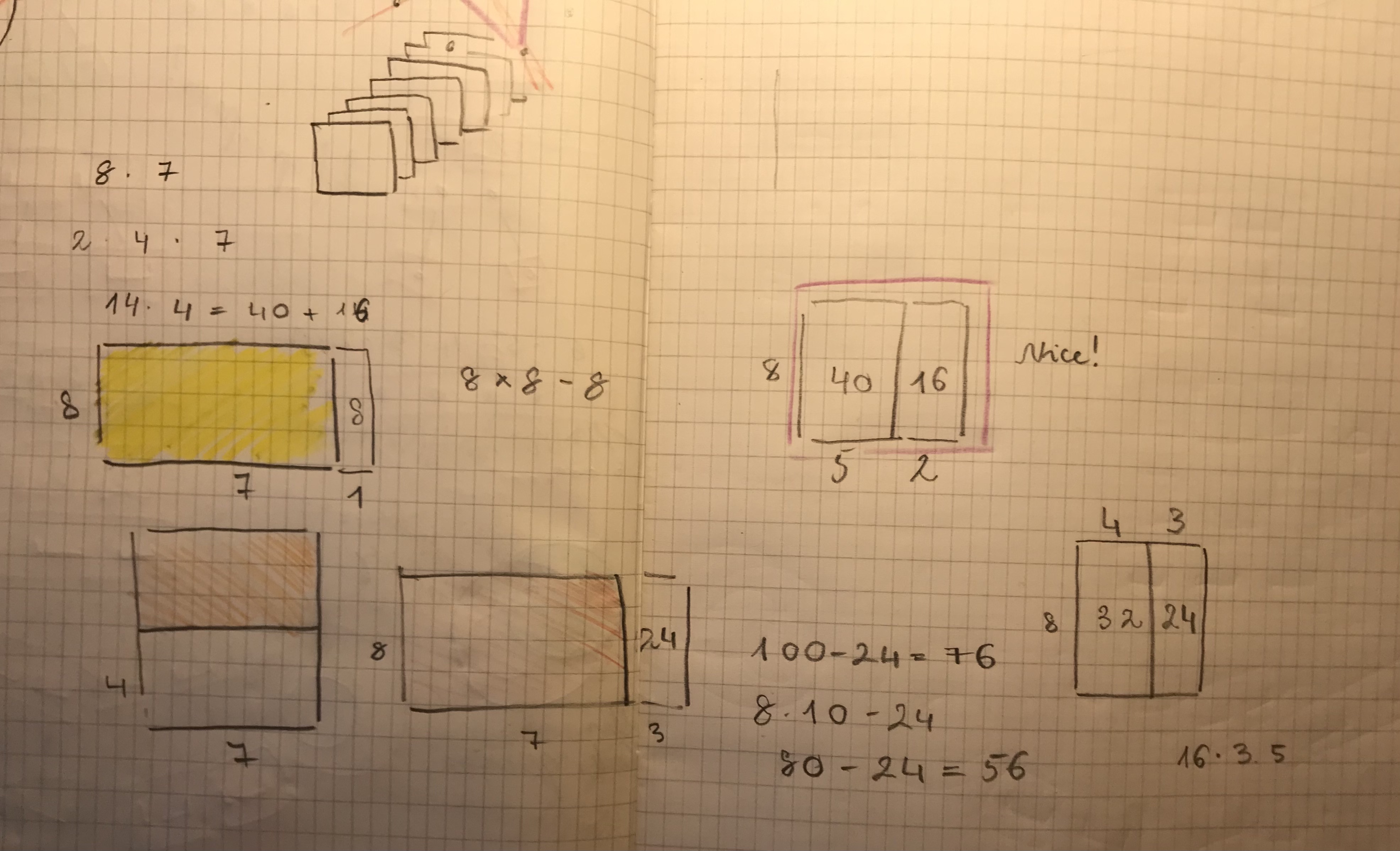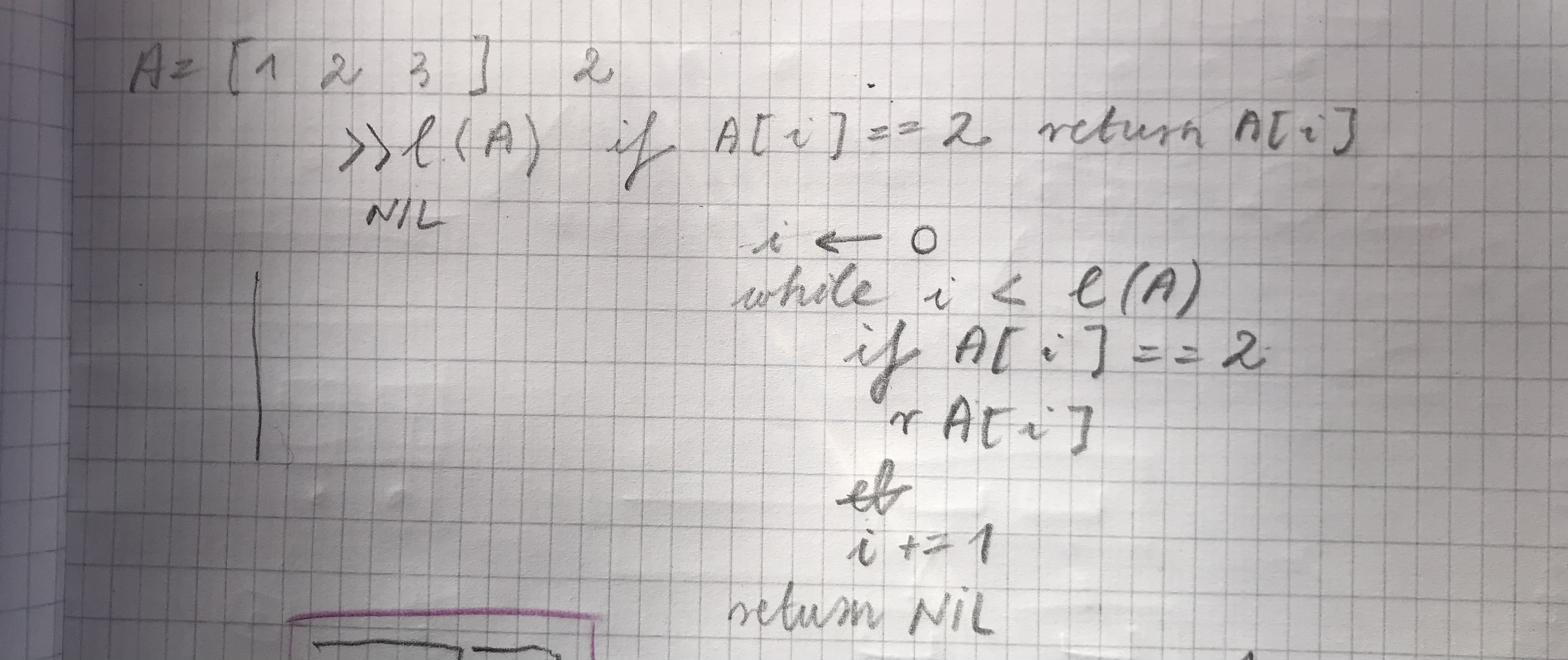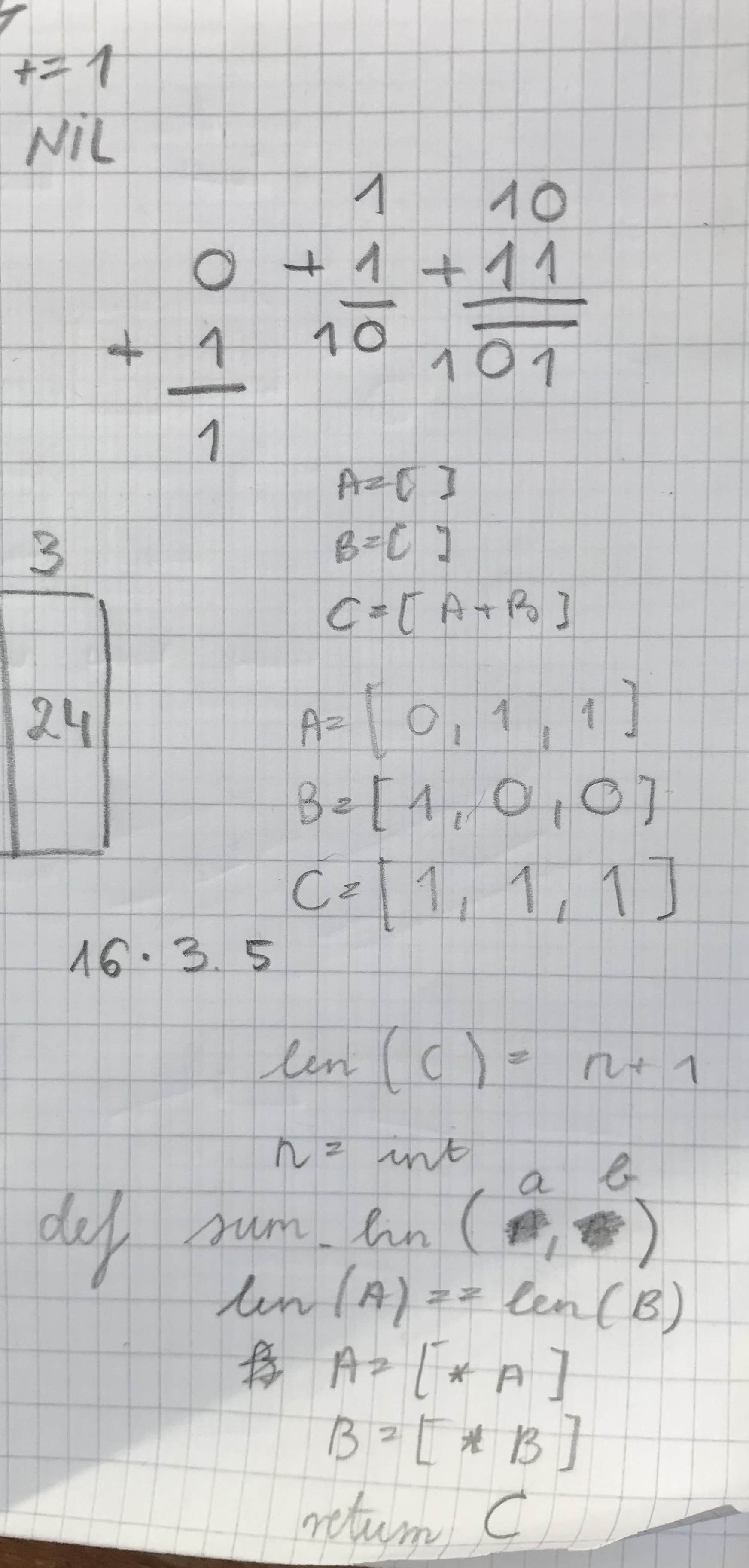Granularity of dreams
Buddhas of compassion #

I struggle with 8*7, 64-8=56
18 x 5 from youcubed on Vimeo.

Save two equal length binary numbers in lists A, and B, and return their sums in a list C. #


>>> sum_b = lambda a, b: str(a).startswith(0b) and str(b).startswith(0b) and len(str(a)) == len(str(b)) return [*str(a+b)]
File "<stdin>", line 1
sum_b = lambda a, b: str(a).startswith(0b) and str(b).startswith(0b) and len(str(a)) == len(str(b)) return [*str(a+b)]
^
SyntaxError: invalid binary literalEquation I am figuring out #
$$ P_n^{\left(k_1, k_2, \ldots, k_r\right)}=\frac{n !}{k_{1} ! k_{2} ! \ldots k_{r} !} $$
🍊🍊💡💡❤️❤️ 6!/2!2!2!
🧬🐍 2!/1!1! = 2
💾💾🖊 3!/1!1! = 6/1 = 6 💾💾🖊, 💾🖊💾, 🖊💾💾 💾💾🖊, 💾🖊💾, 🖊💾💾
Code puzzle frequency #
frobnitz = 0, 1, 2
blargh = [frobnitz]
blargh.append(3)
blargh.pop(0)
print(len(blargh))quuxle = (0, 1, 2)
snorkel = [quuxle]
for i in range(len(quuxle)):
quuxle[i], quuxle[-i - 1] = quuxle[-i - 1], quuxle[i]
snorkel.append(3)
snorkel.pop(0)
print(len(snorkel))This is an outstanding puzzle!
quuxle = [0, 1, 2] is an option.
flarb = 'gizmo'
if len(flarb) > 0:
result = sum([flarb.find(char) for char in ['q', 'x']]) + flarb.count('')
else:
result = 0
print(result)👏
-10 Whimsy points for me.
rfind()
result = sum([flarb.rfind(char) for char in ['q', 'x']]) + flarb.count('')
print(result)>>> flarb = 'gizmo'
>>> flarb.count('')
6This was my intuition, but I guessed 1, for a '' at the beginning of the string.
scikit-learn farble #
Regression in k-neighbours with sparse data #28191
Identifying bottlenecks, to reduce unnecessary computations. The reduction in the execution time of the kneighbors method for sparse matrices, and ensuring compatibility across different versions of scikit-learn.
Anagram test algorithm #
def is_anagram(a, b):
if len(a) != len(b):
return False
a = sorted(a)
b = sorted(b)
for i in range(len(a)):
if a[i] != b[i]:
return False
return Trueis_anagram = lambda a, b: sorted(a) == sorted(b)is_anagram = lambda a, b: all(e in b for e in a) and all(e in a for e in b)This algorithm checks if two words have the same letters.
Cool links and references #
-
Mayer, C. (2020). Python One-Liners. No Starch Press.
-
Mayer, C., Rieger, L., & Chan, A. (2020). "Coffee Break Python - Mastery Workout: 99 Tricky Python Puzzles to Push You to Programming Mastery.".
-
Cormen, T., Leiserson, C., Rivest, R., & Stein, C. (2009). Introduction to Algorithms. MIT Press.
- Previous: This Herbie Hancock playlist is cool
- Next: Minus six degress, sunlight